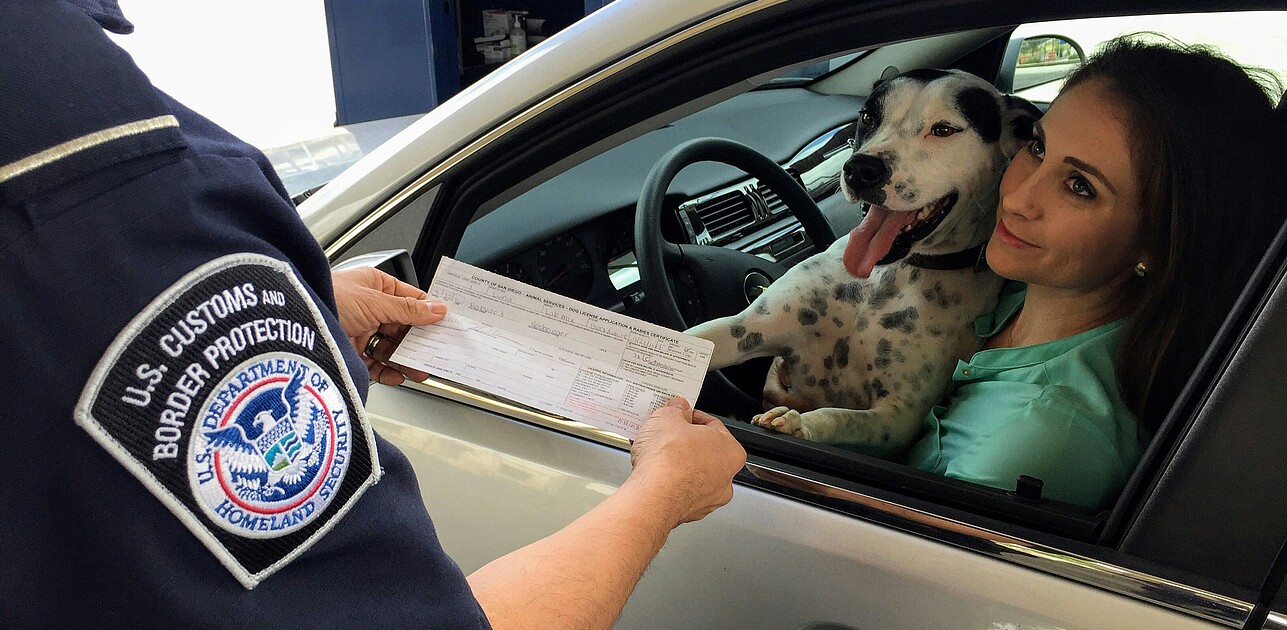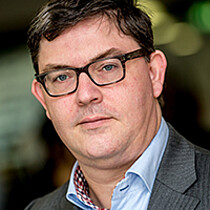

Article: Friday, 18 October 2024
The European Union has manifested itself as a regulatory superpower in recent years. Many pieces of regulation that aim to address societal challenges – reducing emissions, getting rid of child and slave labour, or barring access to the EU markets for products associated with deforestation – have been created. While these developments are absolutely positive from a societal point of view, they create two categories of challenges, says Professor Albert Veenstra in this blog post. Prof. Veenstra is Professor of Trade and Logistics at RSM.
The first of these two challenges is that companies that are looking to be compliant with this type of regulation are dealing with the way this regulation works in their supply chain. It forces companies to look deep into their supply chain, identify all parties involved, and impose certain rules on these parties. Some regulation, such as the EU Deforestation Regulation, requires information to be collected at the very start of the supply chain: from farmers, plantations, and forests outside of the EU. For many products, there may be many parties in between those at the beginning of the supply chain and the party that brings the goods into the EU market. Setting compliance standards across multiple segments of a supply chain turns out to be very difficult for many companies.
The second challenge is that this type of regulation requires supervision by government agencies. The standard model in much of the new regulation seems to be that the supervision is shared by two ‘competent’ authorities: product or topic specialist agencies, and customs agencies.
Apart from the relationship between these two agencies, it is still unclear if these regulatory efforts create new responsibilities for customs agencies that already typically have far-reaching enforcement powers at borders. In addition, customs agencies have an enforcement role in collecting certain taxes and duties. To do this, they have formal access to information from shipments (via declarations), but can also offer companies the possibility of suspending or postponing paying these duties for a while.
The new regulation seems to create responsibilities for customs agencies that are somewhere in between these two clearly defined roles. This is forcing both the policymaker for customs in the EU – the Directorate-General Taxation and Customs Union (TAXUD) – as well as many of the Member States’ customs organizations to re-imagine their future role. A customs reform process is currently underway in the EU. But it is unclear if customs agencies will be able to successfully fulfil some of the new tasks that are allotted to them.
The above discussion makes it evident that the long-term consequences of this new EU regulation can only be investigated properly through a multi-disciplinary lens that is based – at the very least – in both legal and supply chain knowledge. It is this type of multi-disciplinary knowledge that we try to maintain and transfer to professionals at RSM through our custom programmes.
If you enjoyed reading this, why not find out more about our tailored education programmes that enable organisations to develop their own customs and supply chain compliance? See our webpages to find out more.


Science Communication and Media Officer
Rotterdam School of Management, Erasmus University (RSM) is one of Europe’s top-ranked business schools. RSM provides ground-breaking research and education furthering excellence in all aspects of management and is based in the international port city of Rotterdam – a vital nexus of business, logistics and trade. RSM’s primary focus is on developing business leaders with international careers who can become a force for positive change by carrying their innovative mindset into a sustainable future. Our first-class range of bachelor, master, MBA, PhD and executive programmes encourage them to become to become critical, creative, caring and collaborative thinkers and doers.
